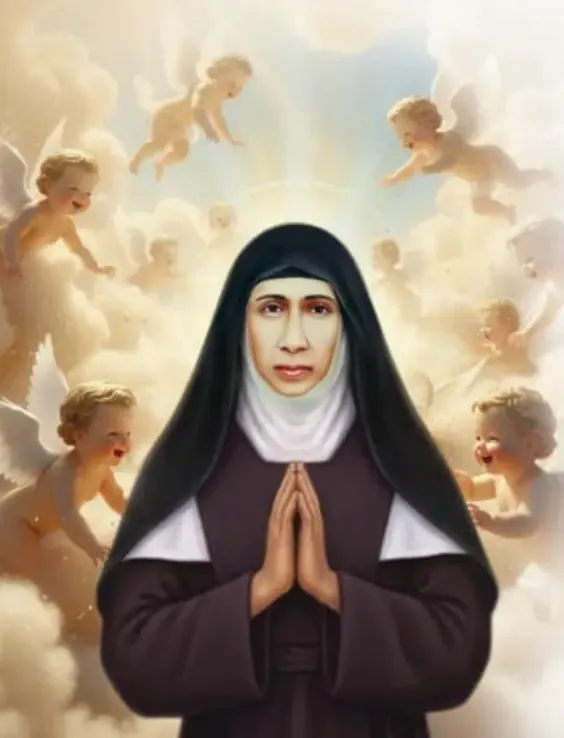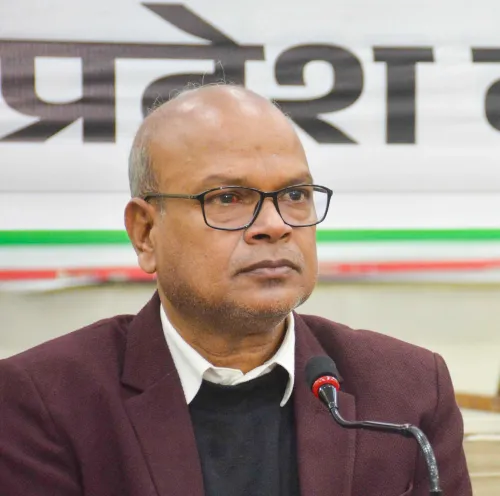What Does the Beatification of Mother Eliswa Vakayil Mean?

Synopsis
Key Takeaways
- Mother Eliswa Vakayil was a pioneering figure in women's religious life in Kerala.
- She founded the first indigenous Carmelite convent for women.
- Her beatification is a significant step towards sainthood.
- Her life exemplifies faith, service, and compassion.
- Her motto, 'God alone suffices,' continues to inspire many.
Ernakulam, Nov 8 (IANS) In a momentous and profoundly spiritual occasion for Kerala's Catholic community, Eliswa of the Blessed Virgin Mary, affectionately known as Mother Eliswa Vakayil, was officially honored as blessed during a solemn event held at the National Shrine Basilica of Our Lady of Ransom in Vallarpadam on Saturday.
This beatification signifies a significant milestone towards sainthood for the nun who was a trailblazer in women's religious life in Kerala over 150 years ago.
The ceremony was graced by thousands of devotees, clergy, representatives from diverse religious orders, and even a delegate from the Pope.
Born on October 15, 1831, in Ochanthuruth, Ernakulam, Eliswa Vakayil (religious name Eliswa of the Blessed Virgin Mary) established the first indigenous Carmelite convent for women in 1866, which eventually led to the formation of two significant congregations: the Congregation of the Mother of Carmel (CMC) under the Syro-Malabar rite and the Congregation of the Teresian Carmelites (CTC) under the Latin rite.
After becoming a widow at the age of 20, she dedicated her life to prayer and service, embracing a simple existence infused with compassion and spiritual richness.
Under the guidance of Italian missionary Leopold Beccaro, she and her companions—her daughter Anna and sister Thresia—initiated their religious community in a modest bamboo-mat hut at Koonammavu.
Mother Eliswa's groundbreaking efforts significantly transformed women's religious life in India, creating new avenues for education and social service within the Church.
Her inclusive approach fostered collaboration between the Latin and Syrian rites at a time when such unity was uncommon.
She passed away on July 18, 1913, and was interred at St. Joseph's Convent in Varapuzha, where her tomb has become a revered pilgrimage site.
The canonization process for her began in 2008.
Pope Francis proclaimed her Venerable in 2023, recognizing her heroic virtues.
Following this, the Pope approved a miracle attributed to her intercession, clearing the path for her beatification.
Mother Eliswa's profound faith and humble service continue to motivate countless women today.
Her personal motto, "God alone suffices", remains a cornerstone of the legacy she established more than a century ago.










